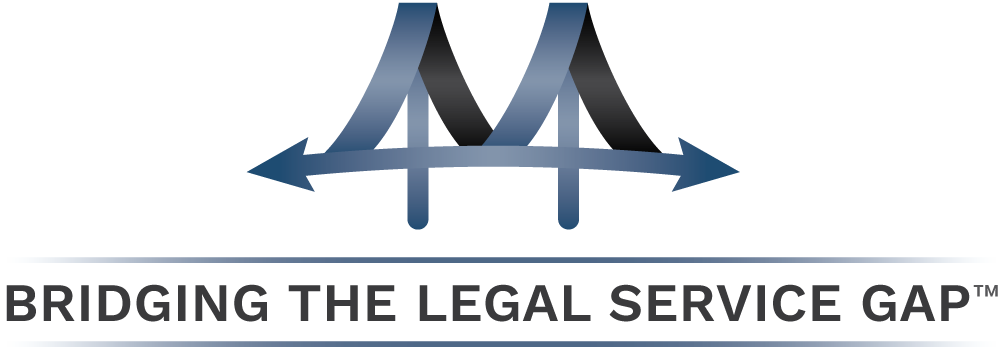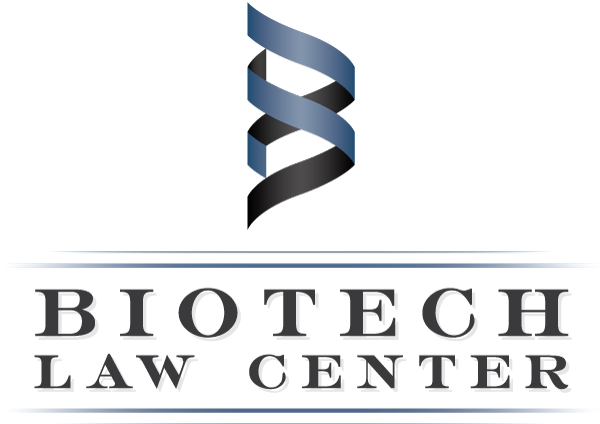
Fifty years ago, outside law firms provided all legal services for the vast majority of companies, and it used to be that only the largest corporations had in-house legal departments. But this has changed. As law firm billing rates increased, particularly beginning in the late-1980s, mid-sized and even smaller companies began to hire in-house attorneys to document routine commercial transactions and provide day-to-day legal advice.
Now, partners at full-service law firms often charge more than $1,000 per hour, and even junior attorneys at these firms routinely bill at rates in excess of $600 per hour, forcing such lawyers to become more specialized in order to add value at those rates. For transformative strategic transactions and specialized legal matters, the rates charged by full-service law firms are justified by the value their lawyers add. But for routine matters, that value proposition often breaks down.
So where do companies turn for help on day-to-day legal matters?
At a certain stage, companies will hire in-house lawyers to handle their day-to-day legal needs. However, in-house attorneys are expensive, management-level employees. If the business metrics don’t justify building an in-house corporate legal department, what alternative do companies have?
Companies encounter a “legal service gap” when they reach a point where it doesn’t make sense to use a full-service law firm for all their legal needs, but it is still premature to hire a full-time, in-house attorney.
Biotech Law Center was created to bridge this gap.
We provide practical day-to-day legal advice and document the types of transactions typically handled by in-house counsel. We do this for companies on a part-time, outsourced basis, at rates that are a fraction of what full-service law firms charge. Our services “bridge the gap” until a company reaches the stage where having its own in-house legal department makes sense.

